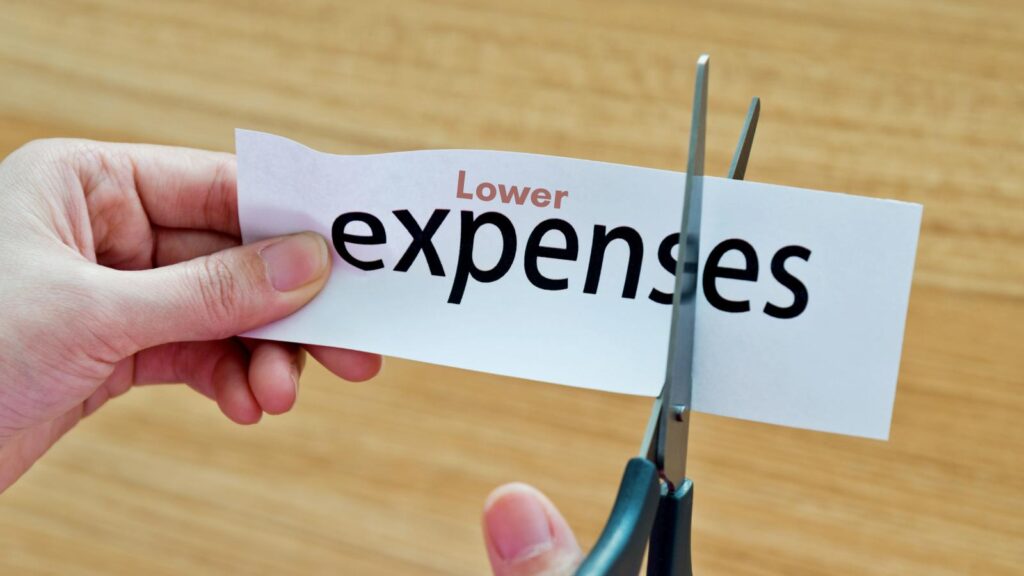Running a small business is a constant balancing act. That’s why you need small business suppliers to help you.
Some days, it feels like everything’s running smoothly. Other days? It all feels off. And one thing that can make or break your momentum is your small business suppliers.
These people behind the curtain keep your products stocked, your operations seamless, and your stress levels (hopefully) manageable.
The right suppliers? They’ll help you grow. The wrong ones? They’ll turn your business into a disaster. So, let’s talk about how to choose suppliers that set you up for success.
Table of Contents
Quality Over Everything
Have you ever bought something cheap, only to regret it five minutes later? That’s what happens when businesses skimp on quality.
Sure, saving a few dollars might feel good, but if customers complain about broken products or weird materials, it’s game over for your small business.
Find small business suppliers who take pride in what they do. For example, you can get dishwasher parts here, that will ensure you’re supplying your customers with the absolute best.
Also, check reviews and test samples; if something feels off, trust your gut instinct.
Scalability: Growing With Your Business
Right now, you might only need 50 units a month. But what happens when demand skyrockets? Can your supplier keep up, or will they buckle under pressure?
Think ahead. The best suppliers aren’t just a good fit for today; they can grow with you. Ask about bulk pricing, faster turnaround times, and whether they can scale when you do.
Transparency And Communication
Nobody likes being left in the dark. A good supplier doesn’t just send invoices and disappear—they keep you in the loop.
Got delays? They tell you upfront. Price hikes? You hear about it before it blindsides you.
If you’re constantly chasing them for answers, it’s probably time to move on. Clear, honest communication keeps both sides happy and stress levels low.

Ethical And Sustainable Sourcing
People care where their stuff comes from. And if they find out your supplier has sketchy labor practices or completely trashes the environment, guess who’s getting the blame? That’s right, you.
Choosing suppliers with ethical practices isn’t just good for the world around you—it’s good for business, too. Customers love supporting brands that do the right thing, giving you a competitive edge.
So ask questions. Find out where and how your products are made. Do better when you can.
The Right Small Business Suppliers Are Your Business Partners
In conclusion, finding the right small business suppliers is essential for your business’s success—trust, reliability, and long-term compatibility. If a supplier isn’t meeting your needs, don’t be afraid to walk away.
Your business deserves better. Take the time to build strong, mutually beneficial relationships, and it’ll pay off in ways you didn’t even expect.
Look at your current suppliers. Are they helping your business thrive or just barely keeping it afloat?
It might be time for a change if they’re not adding value. The right ones will help your business grow, not hold it back. So, choose wisely.
FAQs: Building a Strong Foundation with Small Business Suppliers
How can I ensure the quality of products from my suppliers?
Start by setting clear quality standards in your supplier agreements. Ask for product samples before committing, and conduct regular inspections or audits. Always check for certifications or industry accreditations that demonstrate adherence to quality practices.
What steps should I take to ensure scalability with my suppliers?
Discuss potential growth plans with suppliers early on. Verify they can handle increased production without compromising quality. Build relationships with multiple suppliers as backups to minimize risks during scaling.
How can I improve communication with my Small Business suppliers?
Establish a preferred communication channel and response times upfront. Regular check-ins, whether weekly or monthly, are key to staying aligned. Use clear, written agreements to avoid misunderstandings and encourage transparency.
What does ethical sourcing mean, and why does it matter for small businesses?
Request detailed documentation, like certifications from recognized organizations (e.g., Fair Trade, Rainforest Alliance). Perform on-site audits, if possible, or work with third-party auditors. Openly ask about their sourcing policies and supplier networks.
What are the signs of a good supplier relationship?
Mutual trust, consistent quality, timely deliveries, and proactive problem-solving are common indicators. Good small business suppliers are transparent, flexible to your needs, and open to feedback when issues arise.
What tools help streamline supplier management for small businesses?
Supplier management software, such as TradeGecko or Procurify, can help track orders, performance, and communications. Simple tools like Excel or Google Sheets work, as long as processes remain organized and consistent.
Why is it important to maintain diverse supplier options?
Relying on one supplier increases risk if they can’t meet demand or experience disruptions. A diverse supplier base ensures flexibility, better pricing options, and more capacity to adapt during unforeseen challenges.




